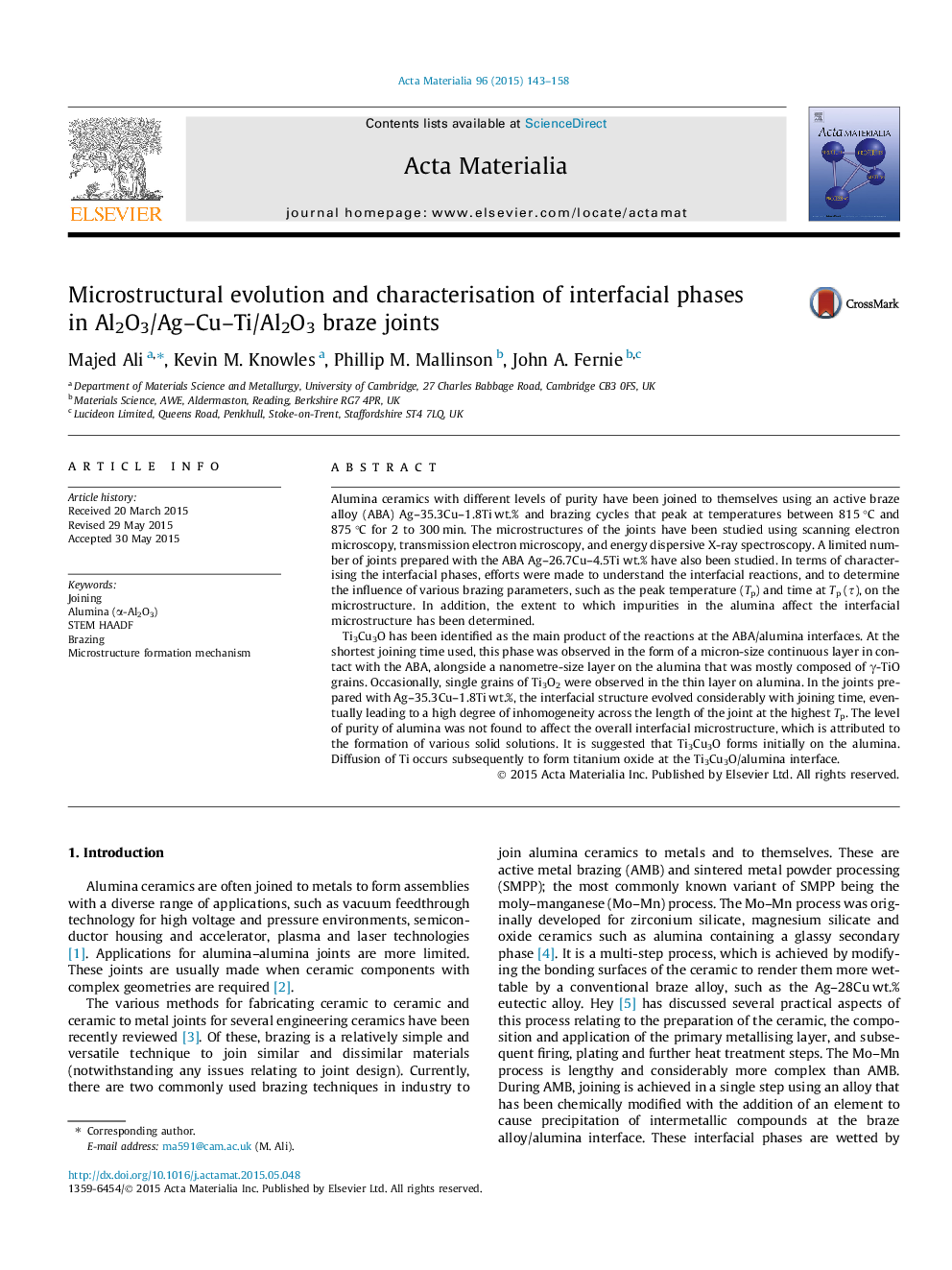| Article ID | Journal | Published Year | Pages | File Type |
|---|---|---|---|---|
| 7289209 | Consciousness and Cognition | 2015 | 16 Pages |
Abstract
Attention and awareness are closely related phenomena, but recent evidence has shown that not all attended stimuli give rise to awareness. Controversy still remains over whether, and the extent to which, a dissociation between attention and awareness encompasses all forms of attention. For example, it has been suggested that attention without awareness is more readily demonstrated for voluntary, endogenous attention than its reflexive, exogenous counterpart. Here we examine whether exogenous attentional cueing can have selective behavioural effects on stimuli that nevertheless remain unseen. Using a task in which object-based attention has been shown in the absence of awareness, we remove all possible contingencies between cues and target stimuli to ensure that any cueing effects must be under purely exogenous control, and find evidence of exogenous object-based attention without awareness. In a second experiment we address whether this dissociation crucially depends on the method used to establish that the objects indeed remain unseen. Specifically, to confirm that objects are unseen we adopt appropriate signal detection task procedures, including those that retain parity with the primary attentional task (by requiring participants to discriminate the two types of trial that are used to measure an effect of attention). We show a significant object-based attention effect is apparent under conditions where the selected object indeed remains undetectable.
Related Topics
Life Sciences
Neuroscience
Cognitive Neuroscience
Authors
Liam J. Norman, Charles A. Heywood, Robert W. Kentridge,
